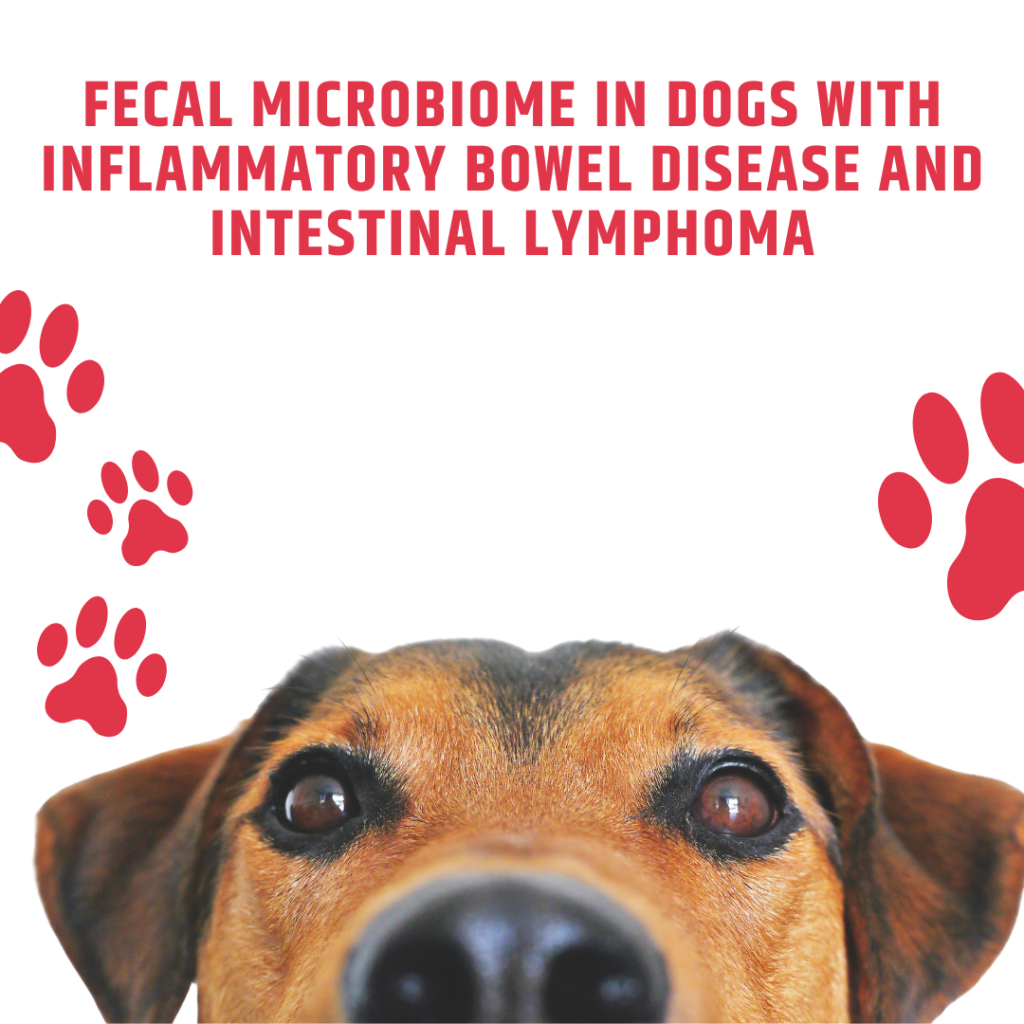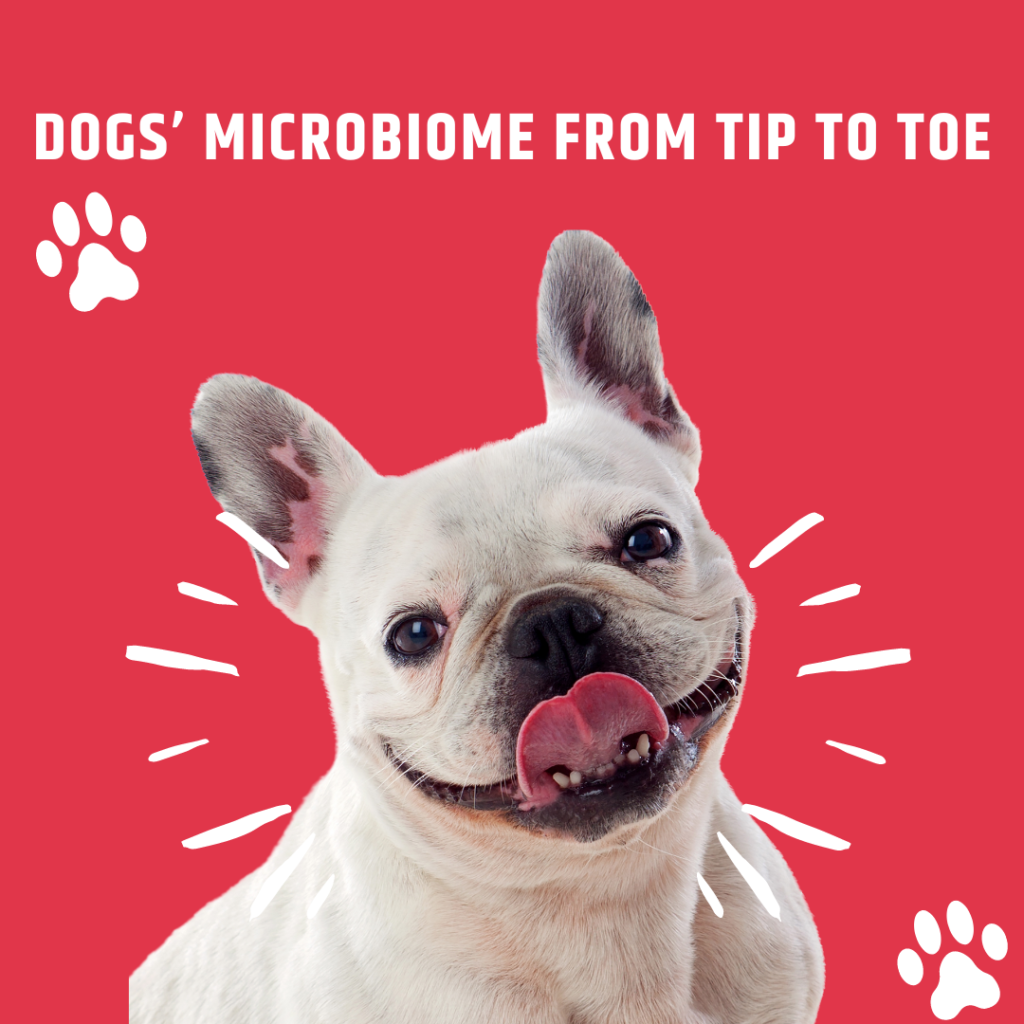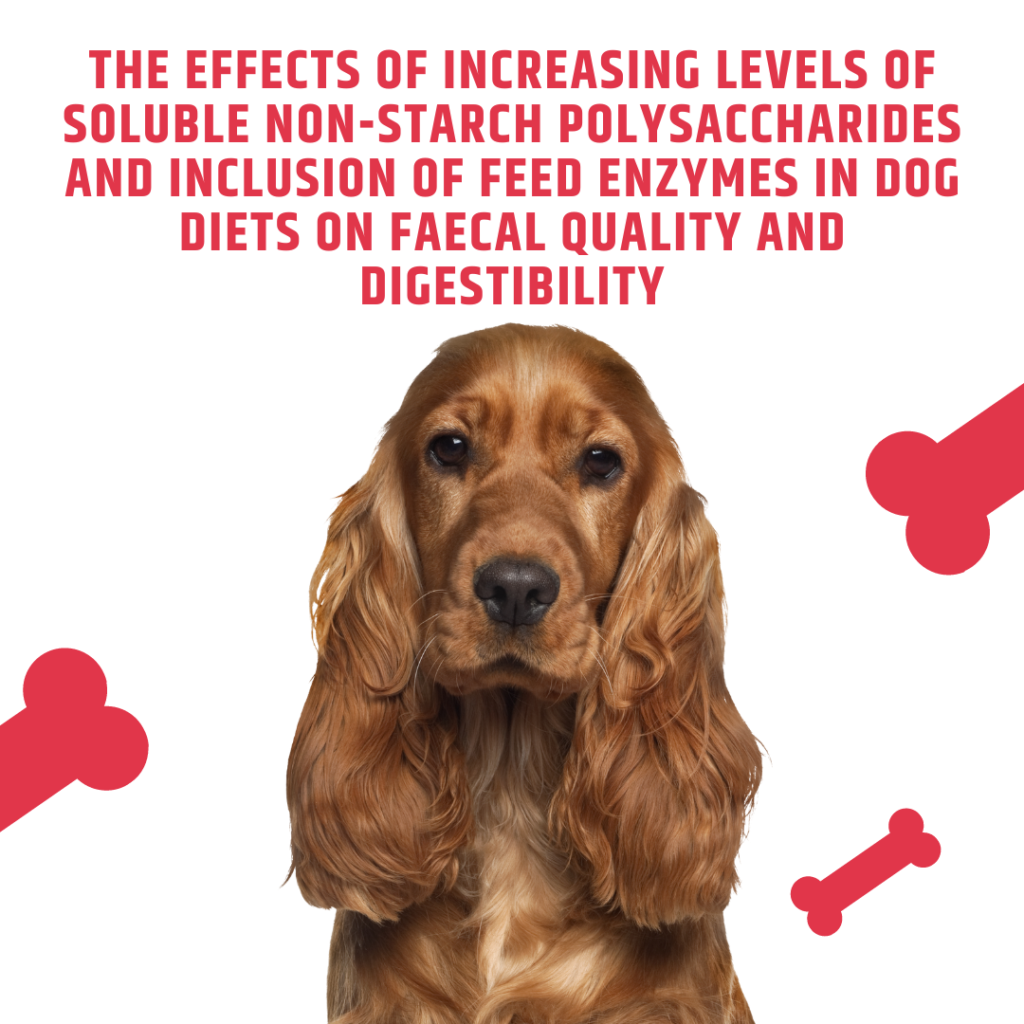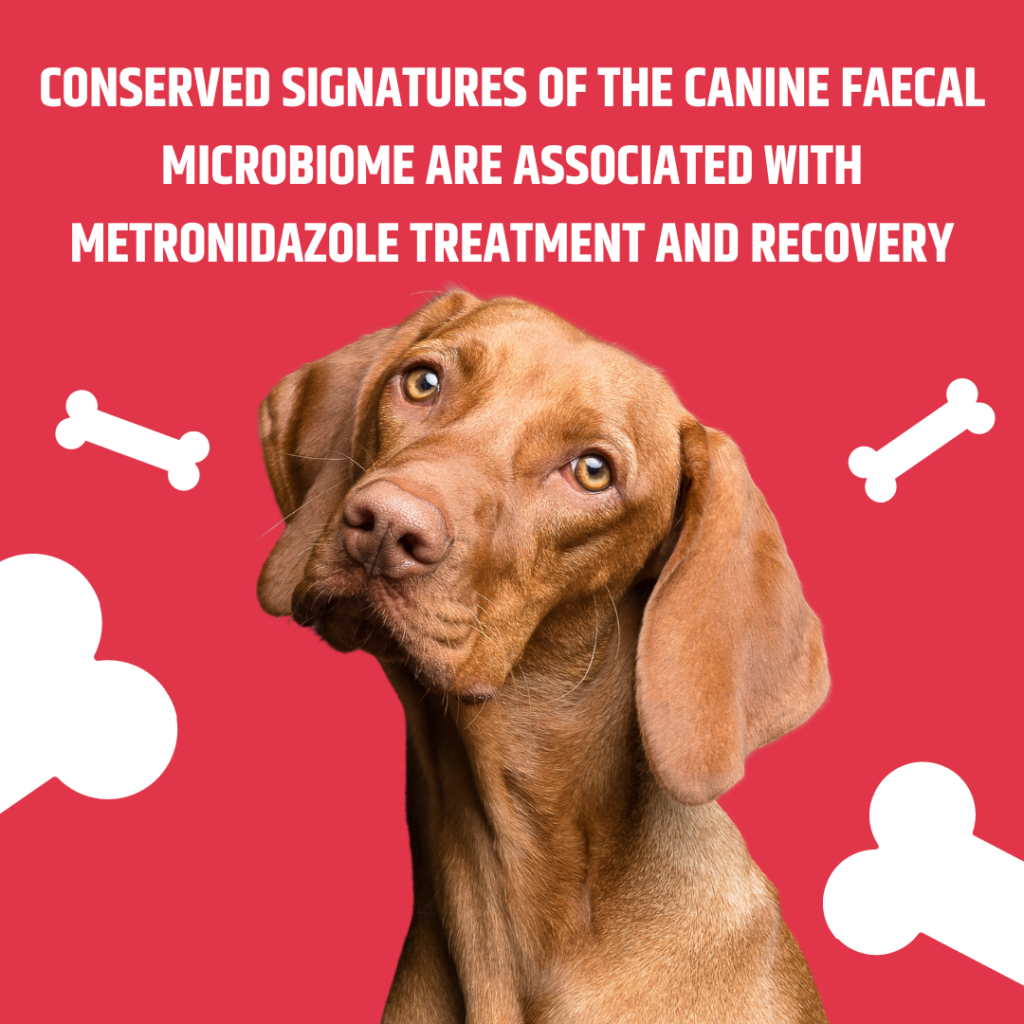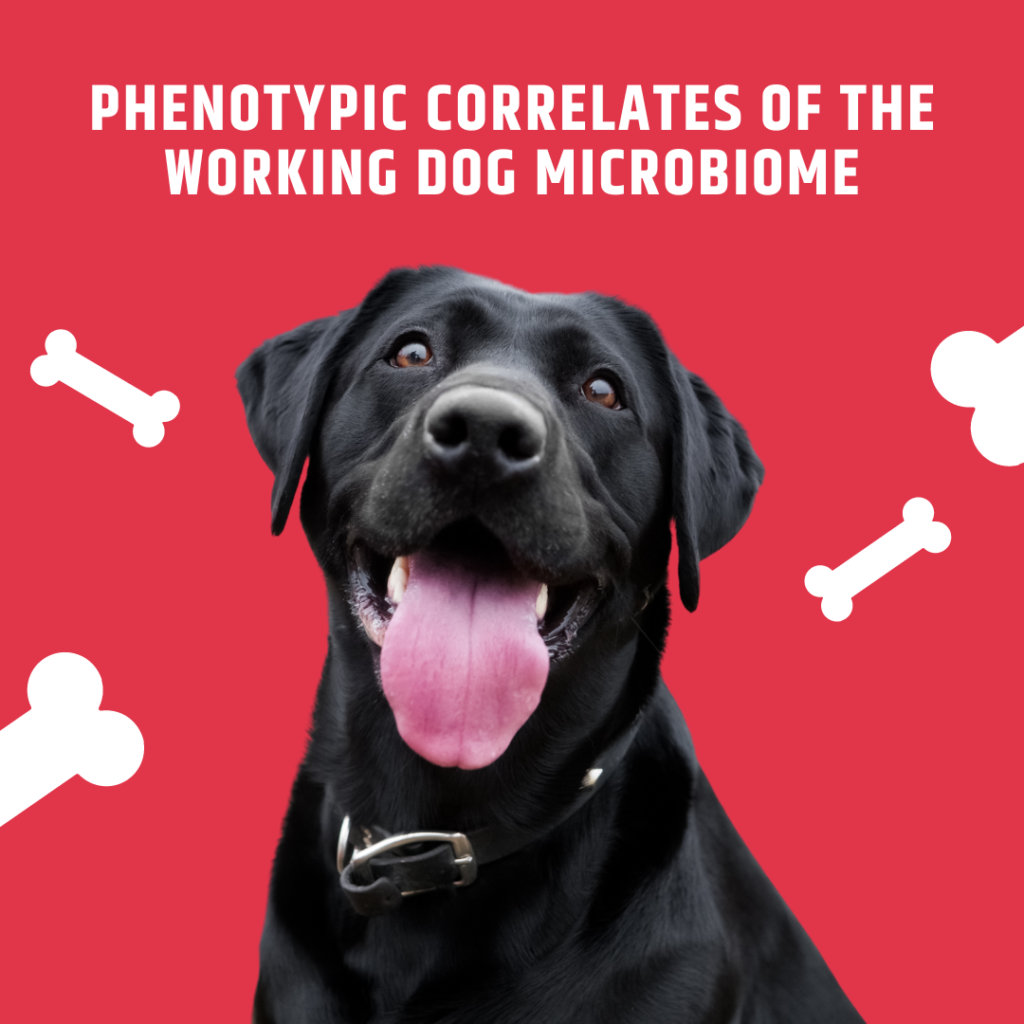Faecal microbiome in dogs with inflammatory bowel disease and intestinal lymphoma
A study published in 2017 has unveiled important differences in the gut microbiome of dogs suffering from inflammatory bowel disease (IBD) and intestinal lymphoma. This research, conducted by a team of Japanese scientists led by Marie Omori from the University of Tokyo, offers a fresh perspective on the microbial landscape associated with these chronic gastrointestinal […]
Faecal microbiome in dogs with inflammatory bowel disease and intestinal lymphoma Read More »
